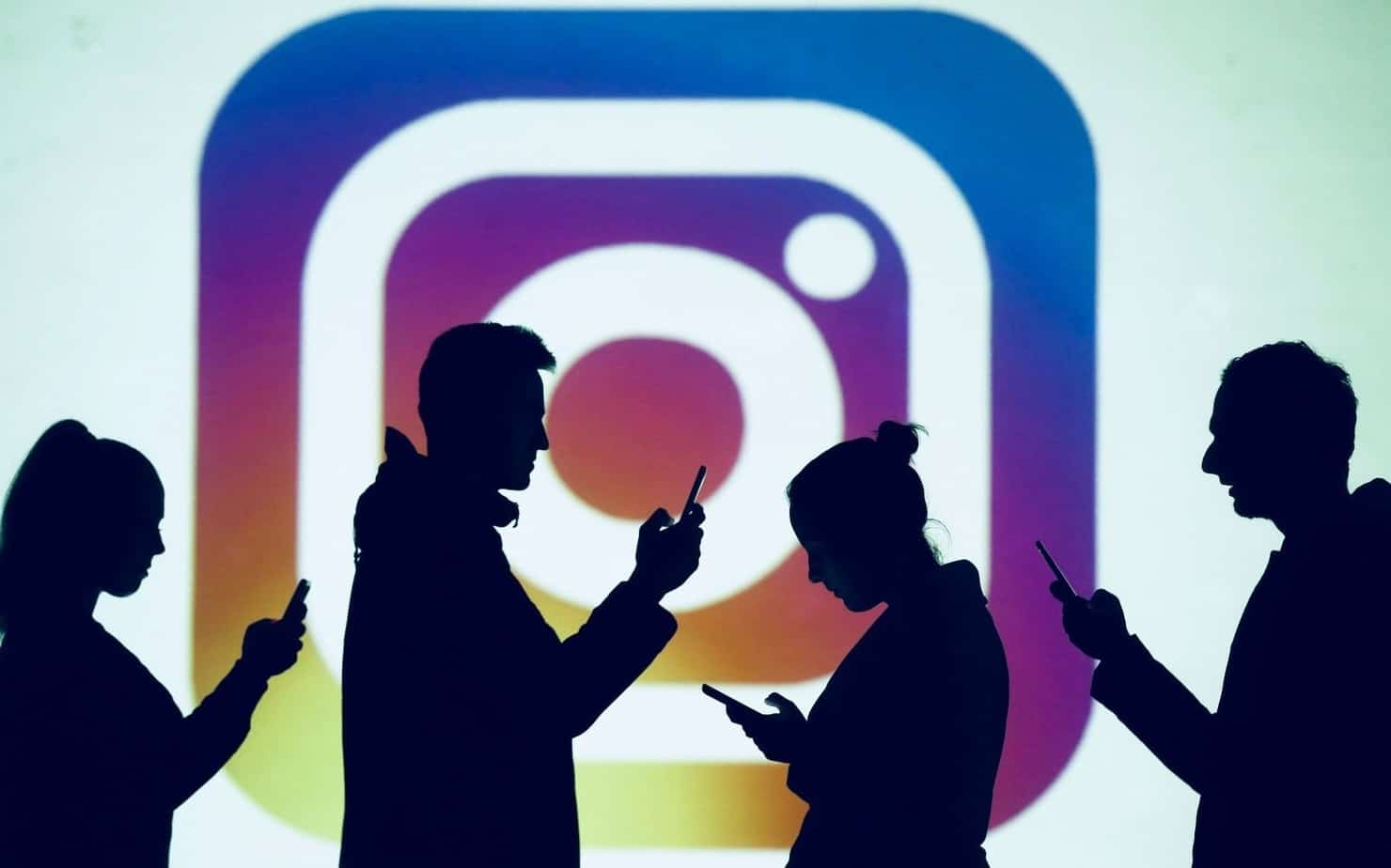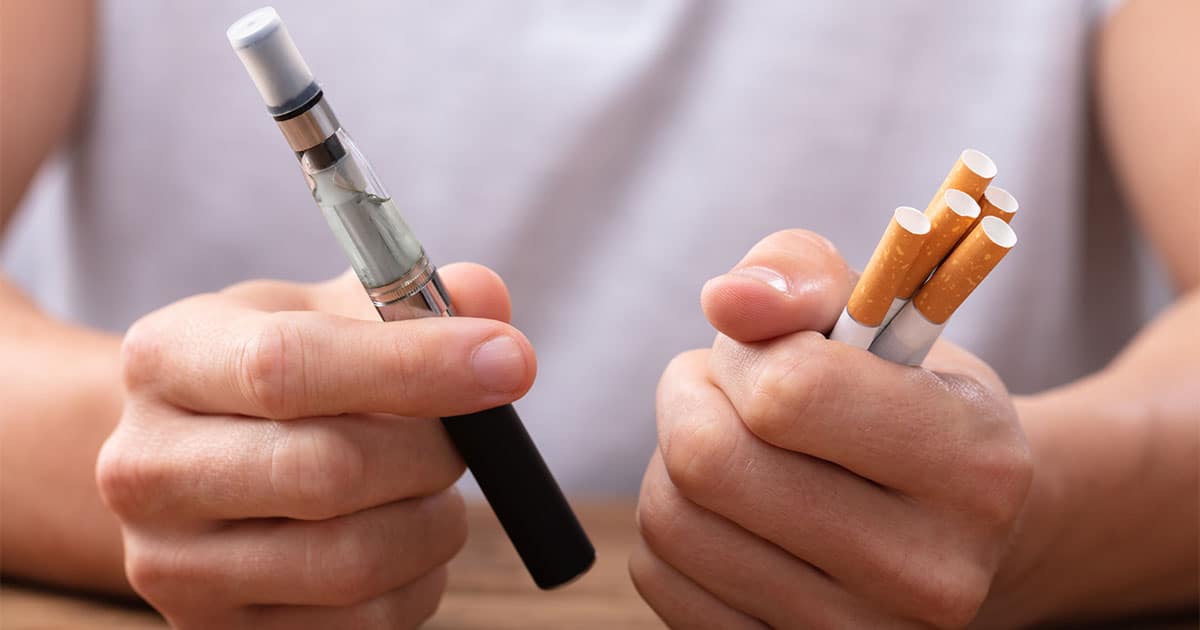
Properly used, Instagram can be a fun social network that connects us with other people and allows us to express ourselves. But if we delve a little, it is not difficult to check its other side: a catalog of idyllic images, dream lives, perfect bodies and an imposed happiness made up with valence filters that remind us through a handful of pixels, especially the most vulnerable, how imperfect our real lives can be.
We must not forget that in most cases, what these images transmit to us are nothing more than a fictitious product, a showcase of Chinese shadows that only project an idealized appearance that we vaguely perceive behind the curtain that hides real life. And in that real life that we don’t show, chasing the dream of perfection, there may be a strong need for social approval that nullifies our personality and our true psychological and emotional needs.
Instagram as a Thermometer of our Worth
Instagram has grown exponentially, closing 2017 with 800 million users and succeeding especially among the younger population. The social network in which the selfie reigns, has configured space and its own language that few adolescents are unaware of self-exposure and immediate reinforcement through likes, comments, and followers; figures that sometimes end up being confused with a “sample” of our personal validity and that can generate true states of anxiety if they are not experienced from a certain distance and self-control.
The search for identity may collapse in the face of the continuous demands of a hyper-demanding and constantly changing society. The sublimation of the “I” and the constant need for approval that rewards narcissism and the obsession with social care, can also damage self-esteem and normal functioning in daily life, fostering apathy, existential emptiness, and lack of motivation to study or interact with others, among other activities.
Real Cases
When we talk about the negative consequences that overexposure can bring to this social network, we not only talk about consumers but also about those who expose their lives with total dedication, turning their image into a product that becomes their livelihood and with which they obtain constant feedback.
Very commented are cases like those of the influencer Essene O’Neill, a young Australian woman with thousands of followers who, after suffering the negative impacts that this way of life had on her psychological health, decided to end the farce by throwing reflections at her fans in the that exposed the lack of reality that he showed in his apparently idyllic photos and the constant suffering that all these demands had generated for him regarding his aesthetic insecurities, his self-concept and his obsession with perfection and the approval of others.
Another tragic case is that of the young Celia Fuentes, who despite showing images that showed an exemplary life to hundreds of followers, suffered from insecurities, anxiety, and depression, which according to her closest friends, had been empowered by the demanding world of fashion on Instagram and that, unfortunately, ended his life recently.
The Social Network with the worst Impact for young people
A recent British study carried out by the Royal Society for Public Health has found that Instagram is the social network that has the worst impact on the mental health of young people. In the survey carried out with 1479 participants between 14-24 years old, it was found that Instagram was the social network most related to aesthetic insecurities, insomnia, depression, bullying, or FOMO (fear of missing out), a syndrome related to the feeling of missing things and being excluded, which can permanently bind us to the networks in a compulsive way.
Social avenues have empowered humanity, thorough its strong impact on the world. You may have seen several social issues get resolved after highlighting on social platforms. Me too movement against sexual harassment and abuse, and it has spread globally. It helped many victims to publicize their allegations of sexual abuse committed by powerful persons. Everything has two aspects; positive and negative. Now it mainly depends on a user itself how he is dealing with it. Using for your getting your interest would be pleasant. On the contrary, excessive use of it will gradually disturb your mental health. During the COVID-19 pandemic, it’s a good opportunity to restore your mental health.
Not everything is Negative if you learn to make good use of it
However, the social network is not only associated with negative concepts, but Instagram also scores high in terms of self-expression and self-identity and 70% of those surveyed claimed to have found support in difficult situations, as well as helping them to socialize. During COVID-19, the negative impacts of social media can be reversed and you can get stress free by making good use of it. It all depends on the degree of awareness with which it is used and the values and strengths that users possess, who tend to be more vulnerable against younger age.
On the other hand, according to a study carried out by professors from Harvard and Vermont, several characteristics of our profiles on this network may be an indicator of behaviors related to depressive disorders, finding that users who tend to publish more daily posts with dark tones, gray and bluish and with a predominance of faces, they are prone to suffer this ailment. So, Instagram services can be a tool that helps us detect this problem if you do the good practice of it.
As we explain, used with caution and realism, the social network can be a good way to have fun and find like-minded people. It is necessary to educate and raise awareness among young people so that they learn to differentiate fiction from reality and to value other aspects of life that provide them with a healthier and truer concept of themselves. But when real life begins to be put aside before the fictional universe that is imposed through the screen, it is time to turn off the phone, stop comparing ourselves and live.
Author Bio
Rabica Bell is a young, enthusiastic creative content writer at Buysocialfollowers.com.au. She has good taste in writing on social media marketing and SEO. Her ultimate goal is to help businesses grow on the internet.




